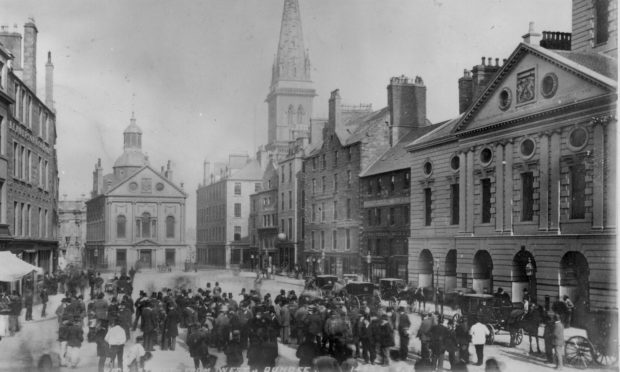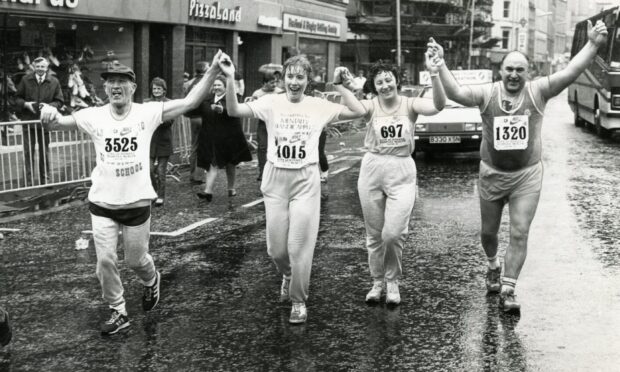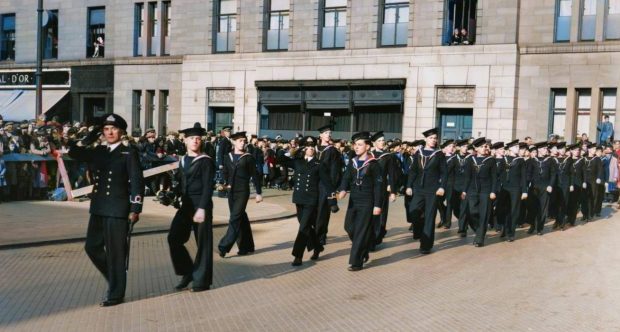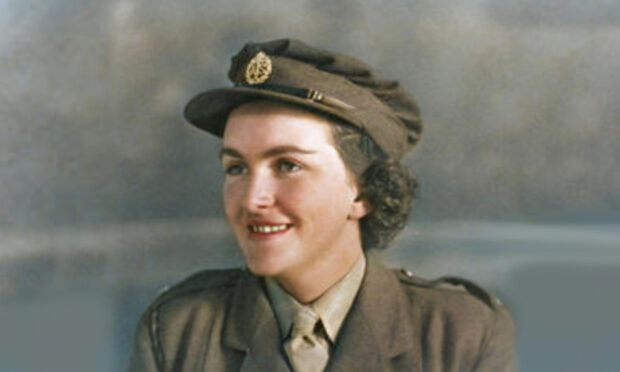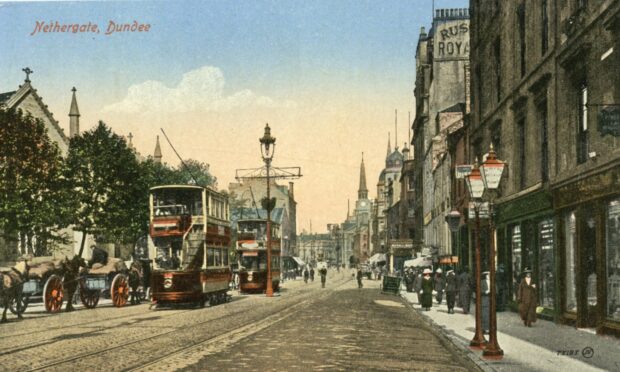Firebrand preacher Francis George Widdows was the darling of the Orange Order in Dundee.
He had turned his back on the Church of Rome and toured Britain warning of the doctrinal follies of Catholicism.
Mr Widdows, who claimed to be a former monk who had served in the Order of St Francis in Rome, even became chaplain of Boyne Lodge (No 298) in Canada.
In 1882, on one of his frequent visits to Dundee, Mr Widdows was greeted at the railway station by Brother William McLeod Thorburn, grand chaplain of the Orange lodges in Dundee, a deputation of Orange brotherhood and even the Tay Flute Bands.
He was paraded through the streets of Dundee in a carriage, cheered on by a crowd of thousands.
That October night, a crowd of 4,000 people filled Arcade Hall to hear Mr Widdows rail against the evils of popery. A fringe on his sash came from the sash belonging to the grand master of the first lodge to be formed in England after the Battle of the Boyne. He wore it with great pride and often spoke of participating in July 12 celebrations.
On an earlier visit to Dundee, in 1879, 100 police constables were in attendance at Victoria Hall to prevent an adverse reaction to Mr Widdows’ volatile rhetoric from among the crowd of 6,000. More than 200 special constables were held in reserve.
Yet there was a whiff of scandal in Mr Widdows’ background that not even the flutes and drums could drown out. Questions began to be asked about his swift exit from Canada and this newspaper did some background checks and, of course, gave Mr Widdows’ ample opportunity to comment.
It appears his split with Rome was prompted more by temporal than spiritual concerns.
He had been found guilty after trial of a serious sexual offence against an altar boy. Mr Widdows had also been kicked out of fellowship by Archbishop Lynch of Toronto for fighting in a chapel in the city with a Father Murray.
Mr Widdows insisted he had been framed for questioning the authority of Rome.
Misunderstanding seemed to follow Mr Widdows because in 1888 he was in court in London for using “Grecian” practices against schoolboys.
In 1896 he appeared in court from custody charged with a serious sexual offence against a boy of 14. He was up for a similar offence in 1902.
